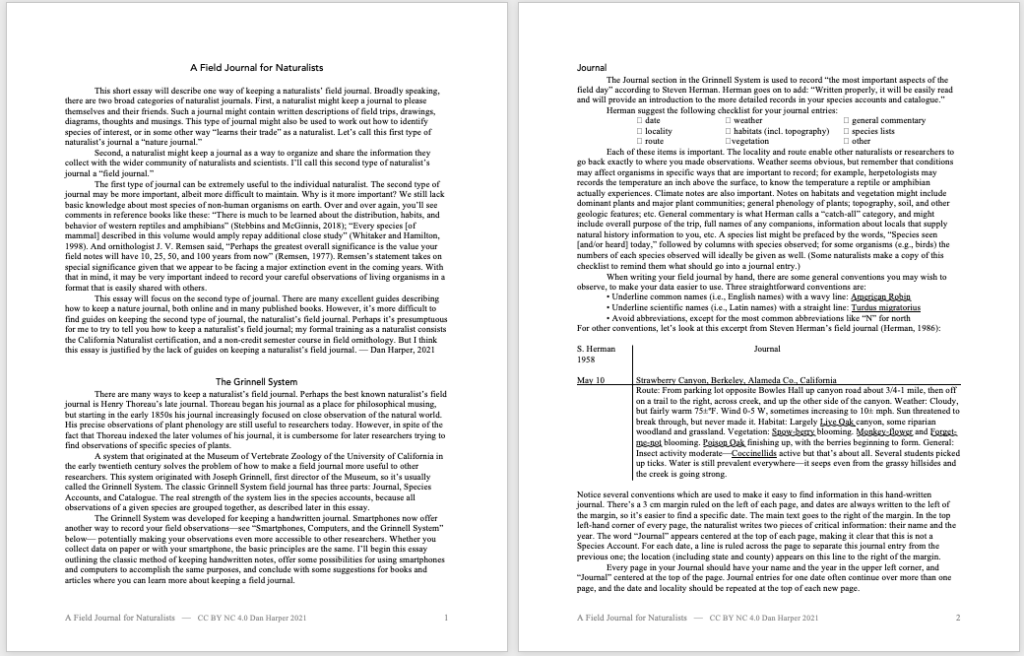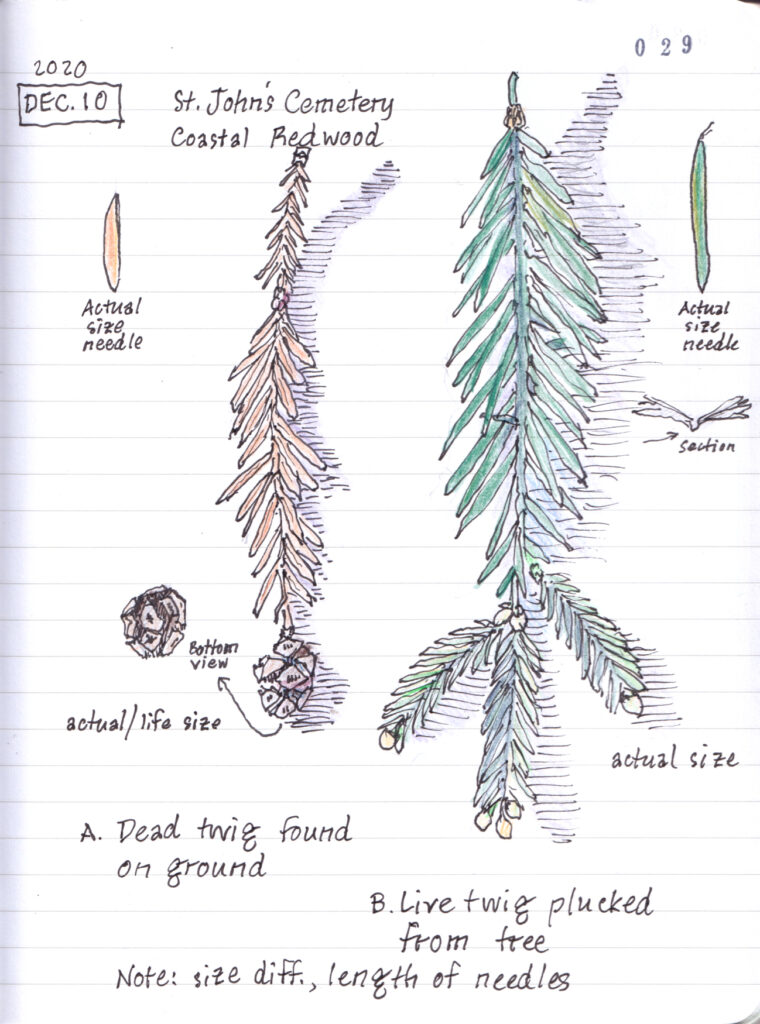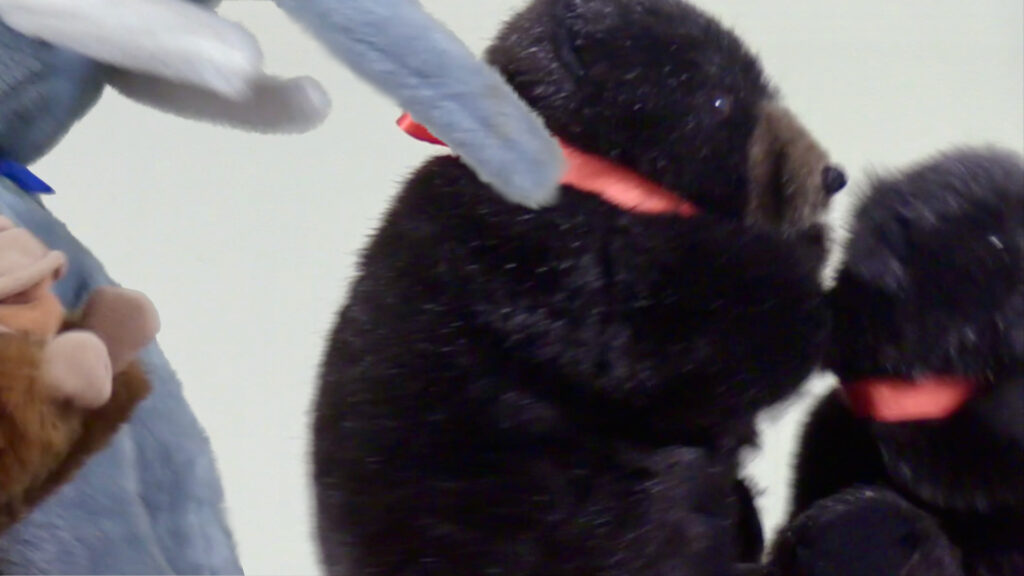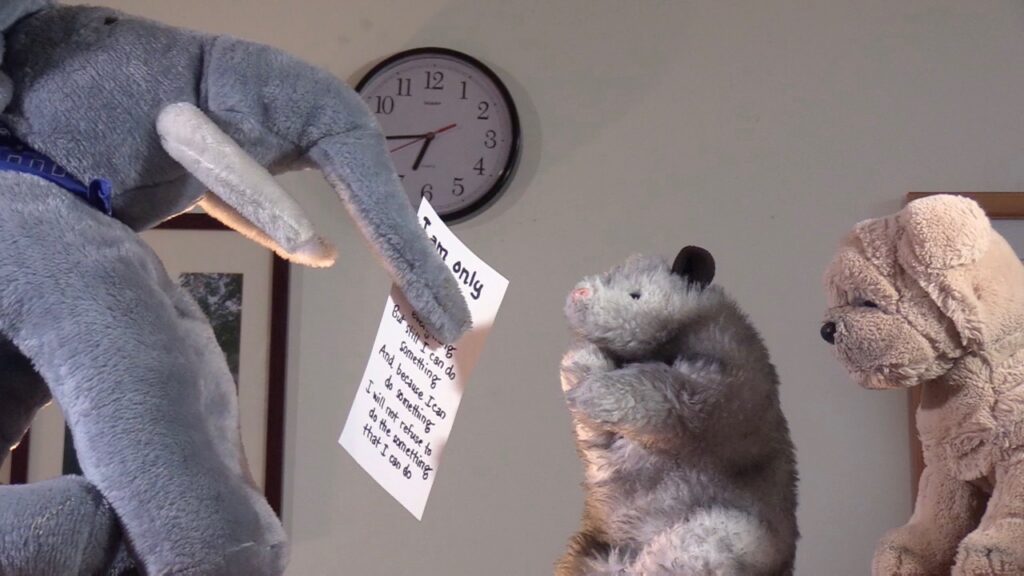Conventional American Christianity tells that when we pray in groups, we are supposed to bow our heads with our eyes squeezed shut. I understand why people insist on bowing their heads: the conventional Christian God is supposed to require this gesture of obedience and submission. But why must our eyes be shut tight? I understand why we’re not supposed to plug our ears: if we did, then we couldn’t hear the words of the person who is offering the prayer. But why does public prayer require lack of vision?
Whenever I see people squeezing their eyes tight shut during prayer — because I don’t close my eyes during public prayers — I’m reminded of what Jesus says in the Christian scriptures: Do not be like the hypocrites who stand and pray on the street corners, making sure their act of piety is seen by others. Do not be like them. Do not bow your head in prayer, for if you do the only reward you will receive is the knowledge that you conformed to the conventions. Do not close your eyes: the eyes are the lamp of the self: open your eyes and your ears and your whole being and let your body be filled with light. Don’t stop when the person saying the words of prayer stops: pray without ceasing, that’s what the Christian scriptures actually say, pray without ceasing, pray without ceasing.
In conventional American Christianity, once the prayer stops — that is, once the person saying the prayer stops saying words — people open their eyes, and the praying stops. I, heretic that I am, didn’t listen to the words of the prayer and didn’t close my eyes. In the eyes of the conventional Christians I didn’t pray, and if that’s all there is to prayer, I have no interest in praying.








